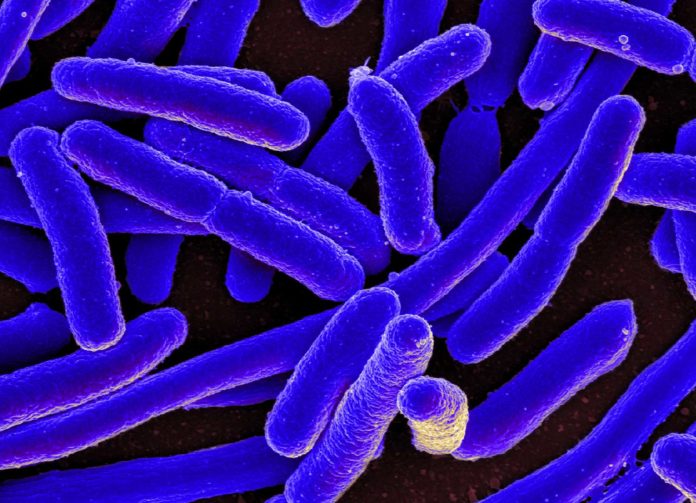According to a new study by scientists in Berkeley Lab’s Biosciences Area, taking care of our gut microbiome may help mitigate some anxiety. The findings are expected to help future research evaluate anxiety treatments that consider both the host genome and microbiome.
For the study, scientists used a genetically heterogeneous lineage of mice known as the Collaborative Cross (CC) to probe connections among genes, gut microbiome composition, and anxiety-like behavior. They initially classified 445 mice across 30 CC strains as high or low anxiety dependent on their behavior in the light/dull box assay: a box with two compartments – one transparent and illuminated, the other black and un-illuminated– associated by an opening. The degree to which rodents’ innate aversion to brightly lit, open spaces supersede (or doesn’t) their instinct to explore a novel environment is a rough analog for high (or low) anxiety.
Later, by performing genome-wide association study (GWAS) analysis, scientists compared high and low anxiety mice. Simultaneously, they analyzed and compared gut microbiome composition in high versus low anxiety animals. They recognized explicit genetic variations and groups of gut microbes related to anxiety-like behavior, including host genes that impact anxiety indirectly by modulating the abundance of explicit microorganisms in the gut.
Journal Reference:
- Jin, X. et al. Gut microbiome partially mediates and coordinates genetics’s effects on anxiety-like behavior in Collaborative Cross mice. Sci Rep 11, 270 (2021). DOI: 10.1038/s41598-020-79538-x
